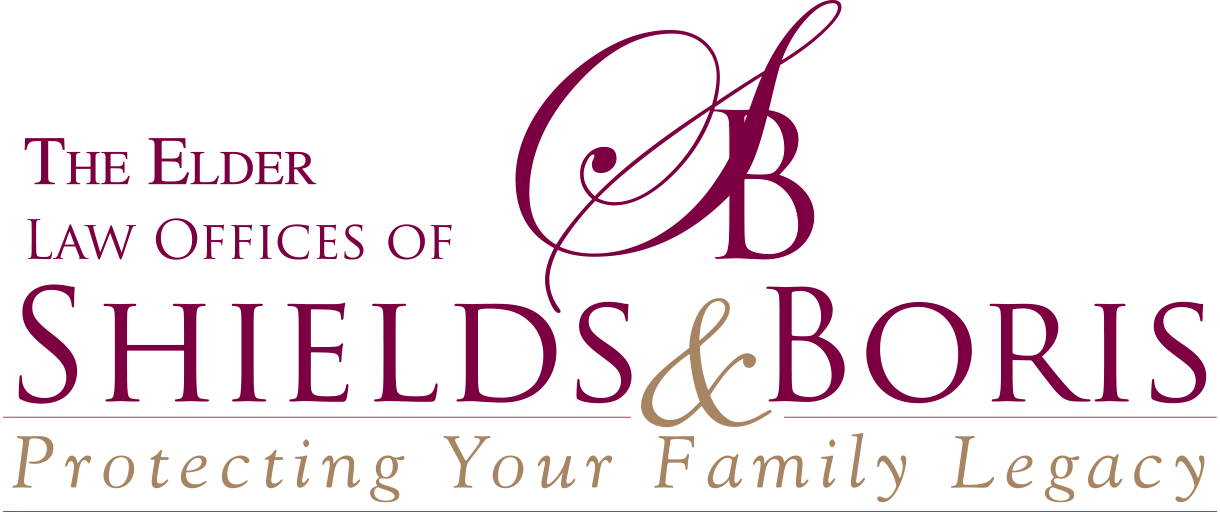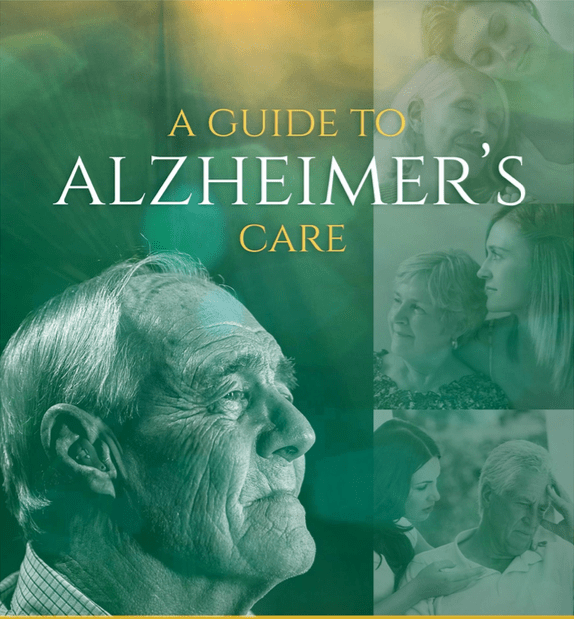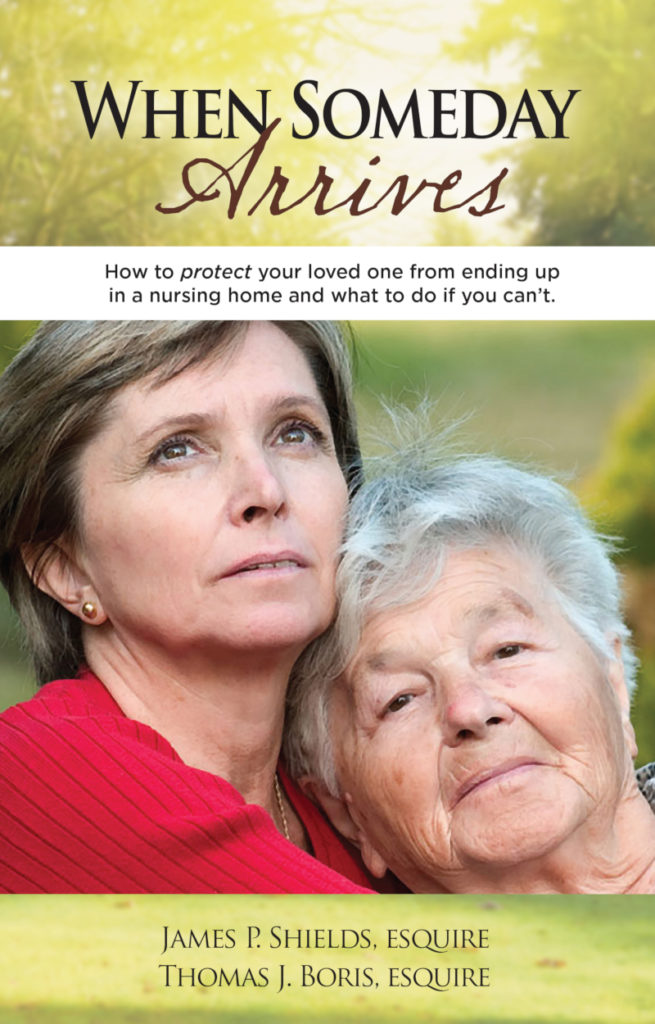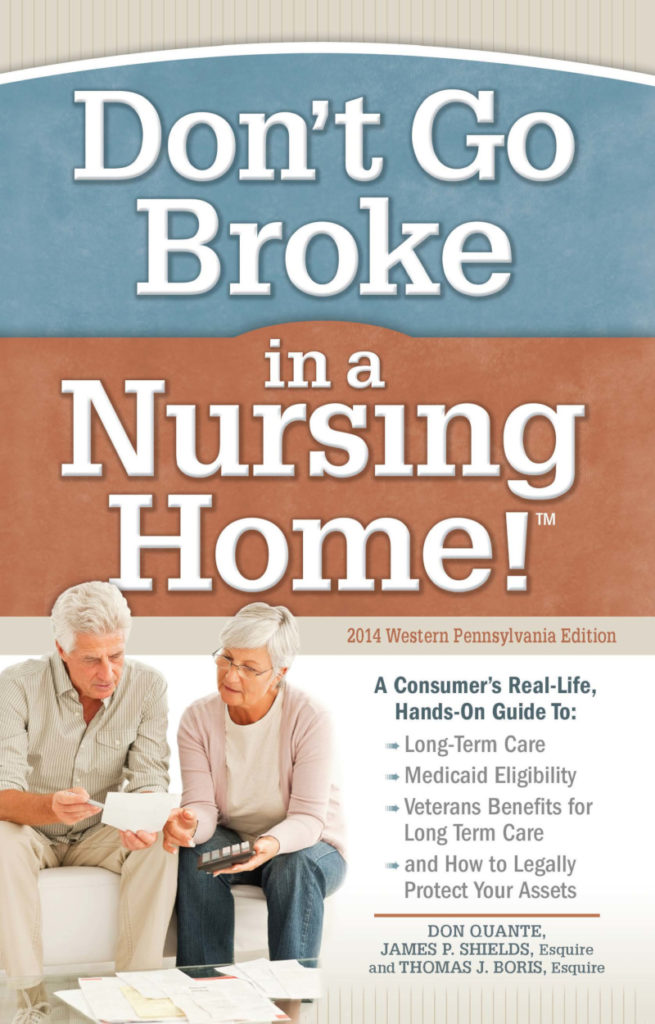Recognizing the Signs of Heart Attack During American Heart Month
Posted on March 26, 2022 by shieldsandboris
When it comes to heart disease and heart attacks, these deadly incidents can happen year round. Heart disease is the number one killer of women and men in the U.S. and claims the lives of over 800,000 people each year according to the American Heart Association. Heart attacks are the cause of 40 percent of those deaths and some 325,000 people die before they ever get to the hospital.
Many of these types of death can be prevented, and although most people know to watch out for the usual symptoms of chest discomfort, shortness of breath, and pain in the back or arms, there are often other signs of a heart attack that may be overlooked. These overlooked symptoms include:
- Indigestion – This is an every day occurrence for some people, but it can be a symptom of an impending heart attack for others, especially in women. This symptom is often combined with chest and/or back pain, anxiety, jaw pain, or excessive sweating.
- Discomfort or Pain in the Neck, Stomach, or Jaw – If you are having these symptoms and they aren’t related to an injury, you need to be concerned. If you are having referred pain and it doesn’t add up, or there is no good explanation, it may be time to head to the hospital. This may also accompany lack of energy or generalized weakness.
- Headaches – Women who experience migraines with aura such as blind spots, tingling in the hands or face, or flashes of light are at double the risk of heart attacks.
- Fatigue – Fatigue that is caused by a heart attack is often different than other fatigue that a person has experienced. People often describe it as a feeling that “just doesn’t feel right.” It’s more than just being tired and is often a generalized weakness that is accompanied by other subtle symptoms including shortness of breath.
- Overall Weakness – If you notice that you just aren’t feeling as strong as you usually feel, it may be worth giving the doctor a call. This is a feeling that you may try to push through and minimize, but if you notice a big change, you may want to take into consideration whether you need further medical attention.
When it comes to taking care of yourself and heart disease or heart attack, it is almost always to be safe rather than sorry. So, if you feel any of the changes in yourself mentioned above, it is likely a good idea to head to the hospital or at minimum, follow up with your primary care provider.
We specialize in educating and helping you protect what you have for the people you love the most. Contact us to learn more about how we can help you and your family.




